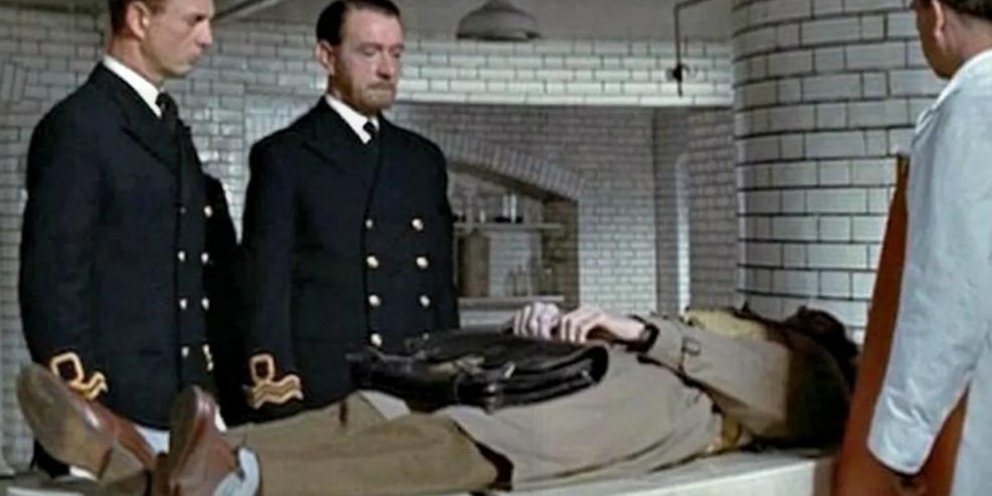
But we must wait for these patches of information to cohere into a picture, because at this point we slide into what is presumably the narrator’s document, the story beginning decades before of the “nothing” that has happened to her.

We have also learned that she is alone, that she is gravely ill, that she has just, for the first time in her life, experienced powerful feelings-grief over the death, at some unspecified earlier time, of her friend Anthea.

For example, “in one of the armchairs”-that’s a conspicuously peculiar turn of phrase: In one of what armchairs? If the armchairs belong to the narrator, wouldn’t it be more natural for her to say “in one of my armchairs” or “in an armchair”? And what books? If she likes books so much, why doesn’t she go get some other books, books she hasn’t already read? There are other puzzling elements in this short space. The reader might be somewhat unbalanced in turn by the narrator’s astonishment about prefaces, especially since she is here explicating the raison d’être of her own book.

After all, if I was a human being, my story was as important as that of King Lear or of Prince Hamlet that William Shakespeare had taken the trouble to relate in detail.īefore calmly delivering this striking and eccentric declaration, she mentions spending “a lot of time in one of the armchairs, rereading the books,” and paying particular attention to the books’ prefaces, which consist largely, to her bewilderment, of the authors’ rationales for having written the books-as if, she muses, passing along ideas and information called for explanation or apology. At first, I shrugged, telling myself that it would be no great loss, since nothing had happened to me, but soon I was shocked by that thought.

This mesmerizing oddity opens with a prefatory couple of pages about something-some sort of memoir or testimony-that the narrator has just finished writing:


 0 kommentar(er)
0 kommentar(er)
